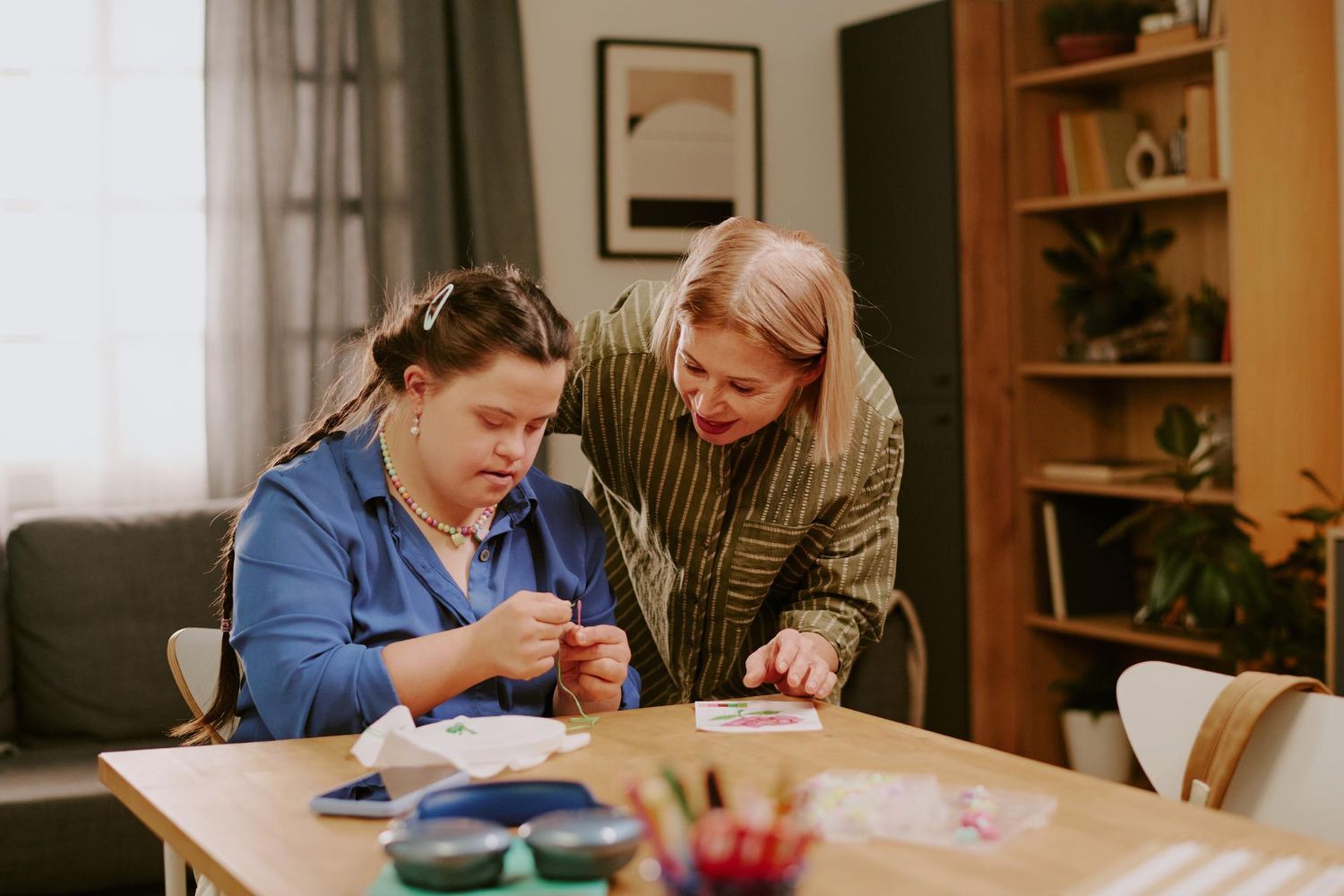September 17, 2025
Home-based aged care is evolving rapidly to meet the growing needs of Australia’s ageing population. Central to this shift are Assistants in Nursing (AINs), who provide essential frontline support, bridging the gap between daily living assistance and professional nursing care. At AIM Care, we recognise that AINs are critical to delivering high-quality, person-centred care in home settings, ensuring older Australians can maintain independence, dignity, and wellbeing. The importance of AINs in home-based care AINs are trained professionals who assist with a wide range of tasks, including personal care, mobility support, medication reminders, and monitoring client health. Unlike untrained carers, AINs have formal qualifications and skills that allow them to work under the guidance of registered nurses while contributing significantly to client outcomes. In home-based aged care, AINs play a unique role: Bridging gaps: They support registered nurses by managing day-to-day care needs, allowing nurses to focus on clinical assessments and complex care tasks. Enhancing quality of life: By assisting with activities of daily living, AINs help clients maintain independence and participate in meaningful activities. Providing consistency: Regular visits from trained AINs build trust and familiarity, improving emotional wellbeing and reducing feelings of isolation. How AIM Care supports AINs in delivering excellence At AIM Care, we prioritise the development, recognition, and support of AINs. Our approach ensures that clients receive high-quality care while staff feel valued, confident, and equipped to succeed. Key initiatives include: 1. Professional development and training Continuous learning is essential in aged care. AIM Care provides AINs with ongoing training in areas such as: Dementia and cognitive impairment care Mobility and fall prevention Infection control and medication assistance Communication and person-centred care strategies This ensures AINs remain competent, confident, and up-to-date with best practices. 2. Clear care protocols and supervision AINs work closely with registered nurses and care coordinators. Structured supervision and clear care protocols enable AINs to provide safe, effective support, knowing when to escalate clinical issues. This collaborative approach ensures clients’ health and safety remain paramount. 3. Flexible work opportunities Home-based aged care often requires flexibility to meet client needs across different times and locations. AIM Care provides AINs with flexible scheduling options, helping them balance work with personal commitments while maintaining continuity of care for clients. 4. Recognition and career pathways Supporting AINs goes beyond training. AIM Care encourages career progression, offering pathways to become enrolled nurses or specialised aged care practitioners. Recognising and rewarding staff contributions fosters engagement, loyalty, and long-term retention. Benefits for clients The presence of skilled AINs in home care delivers multiple benefits for clients: Enhanced independence: Clients receive support while maintaining control over their daily routines. Improved health outcomes: Regular monitoring and assistance help prevent complications, reduce hospital admissions, and support safe medication management. Emotional wellbeing: Consistent, compassionate care builds trust, reduces anxiety, and improves overall quality of life. Personalised care: AINs tailor their support to individual preferences, needs, and cultural considerations, ensuring care feels personal and respectful. The future of home-based aged care As Australia’s aged population grows, the demand for skilled, reliable AINs will continue to rise. Agencies like AIM Care play a vital role in developing a workforce capable of delivering safe, effective, and compassionate care. By investing in training, support, and career pathways for AINs, we not only enhance the quality of home-based care but also strengthen the broader aged care workforce. Conclusion Assistants in Nursing are central to the delivery of high-quality home-based aged care. Their skills, compassion, and dedication bridge the gap between clinical nursing care and everyday support, ensuring older Australians live independently, safely, and with dignity. At AIM Care, we are committed to empowering AINs through professional development, clear care protocols, flexible work options, and career advancement opportunities. By supporting this essential workforce, we ensure that clients receive the highest standard of care in the comfort of their own homes, while creating fulfilling, sustainable careers for AINs who are truly at the heart of aged care.








